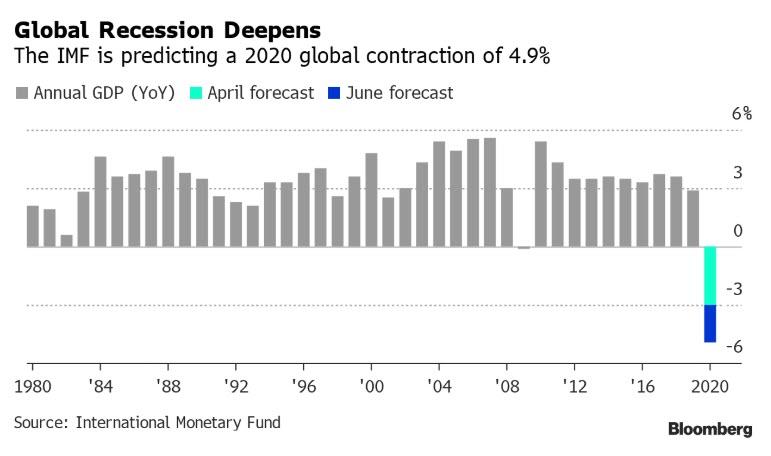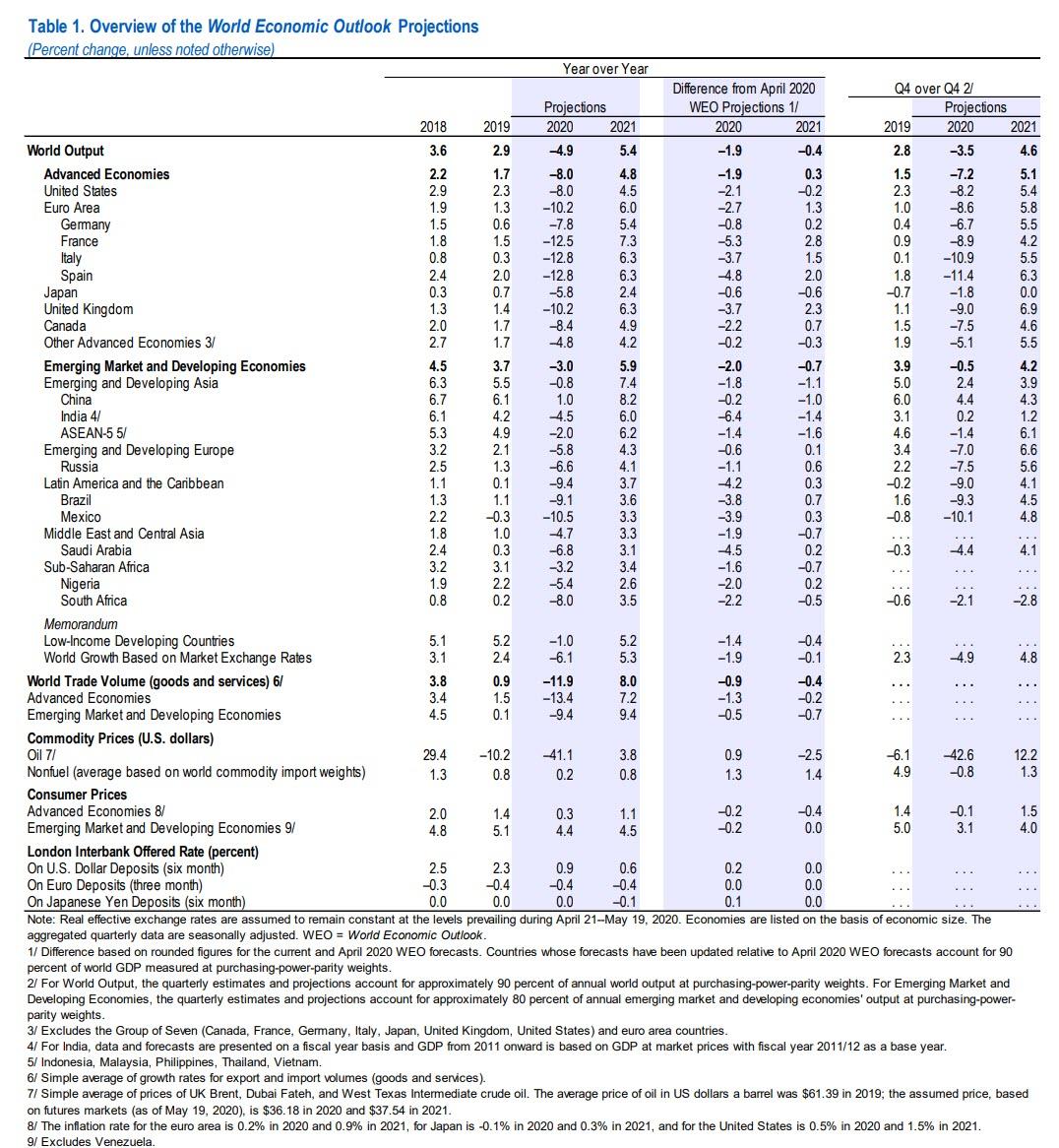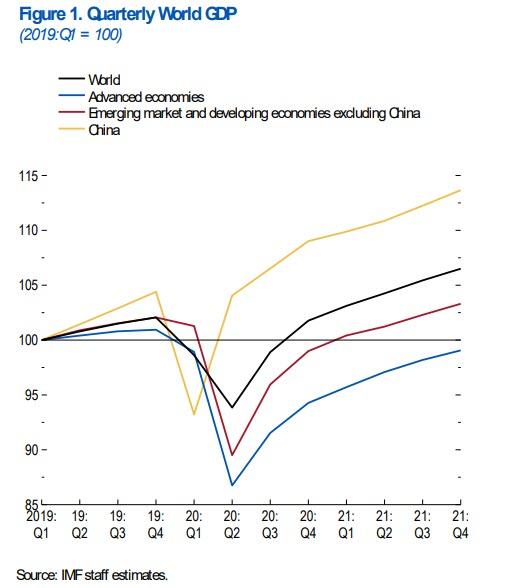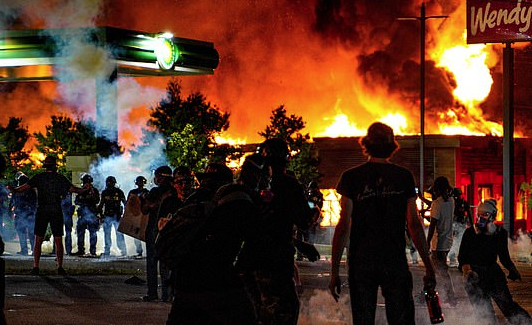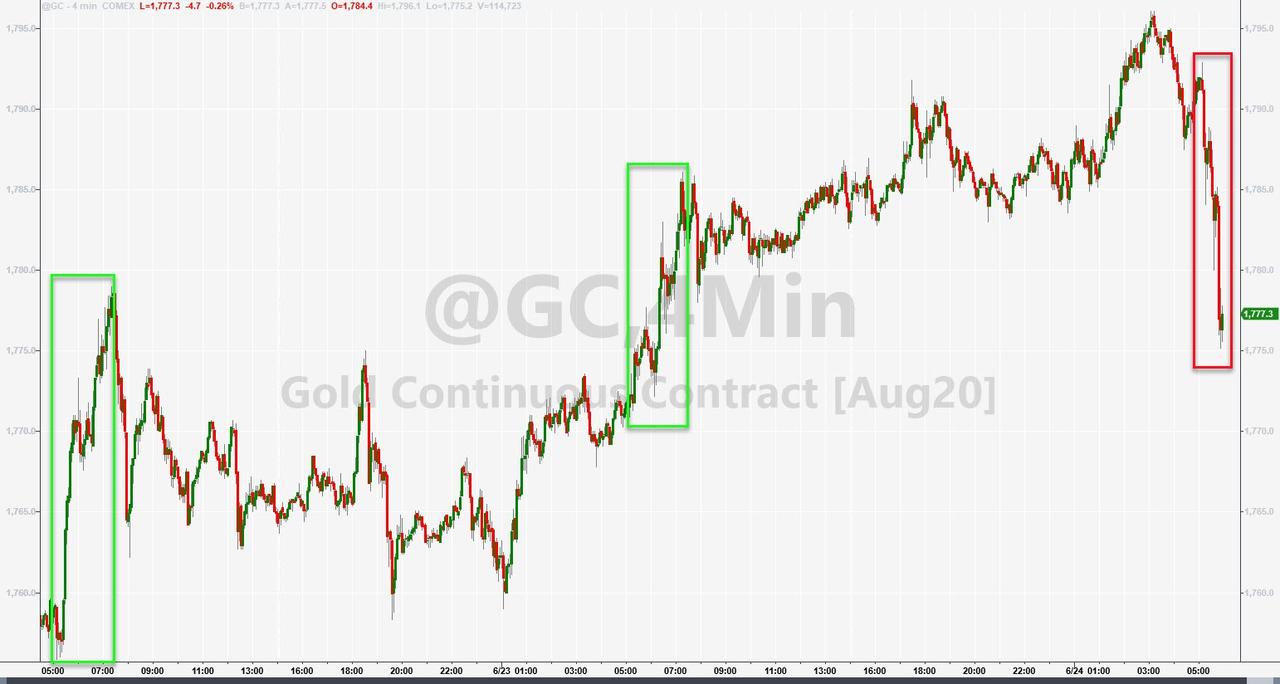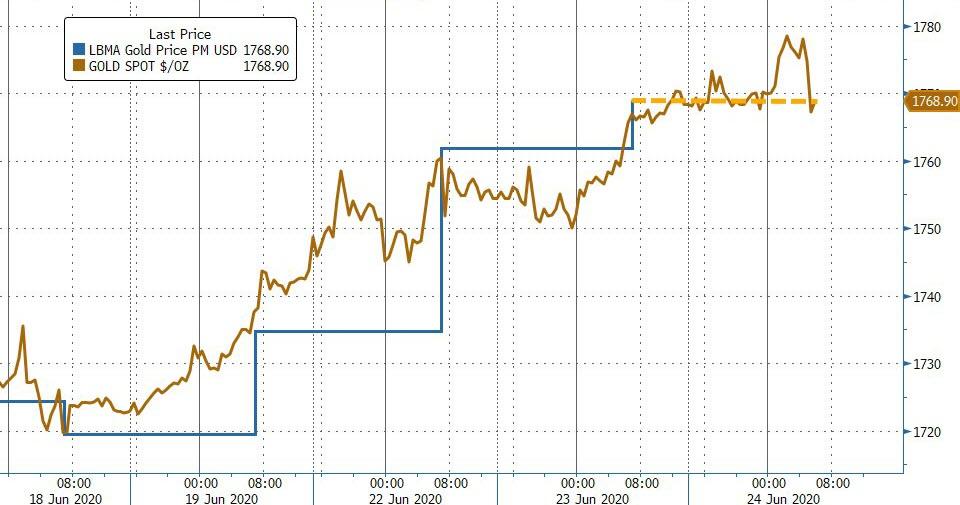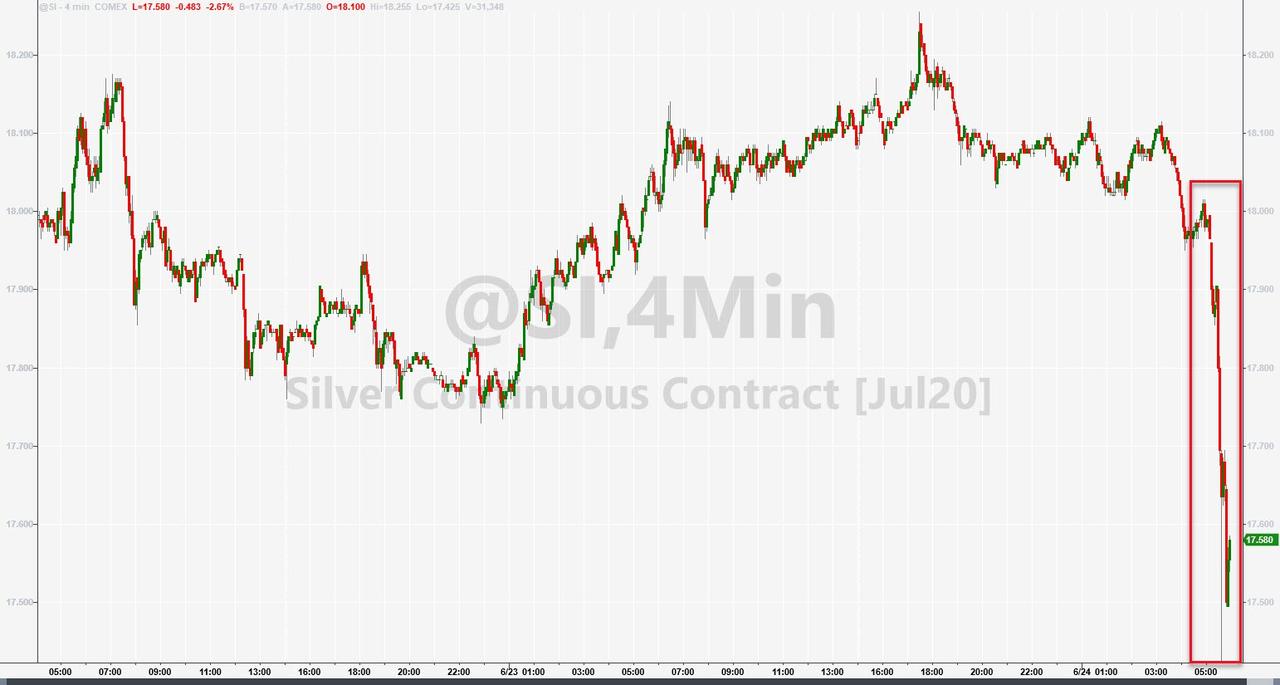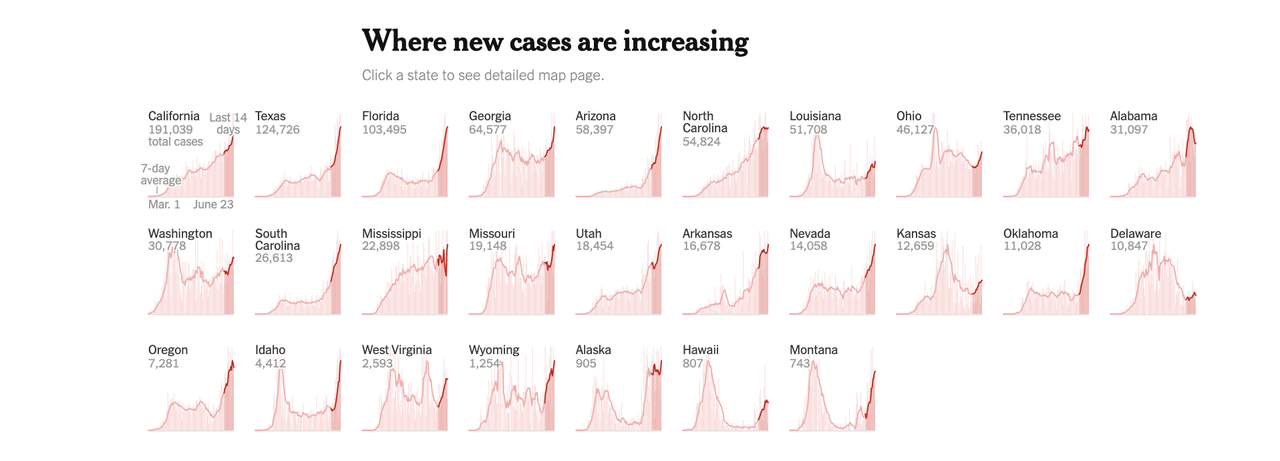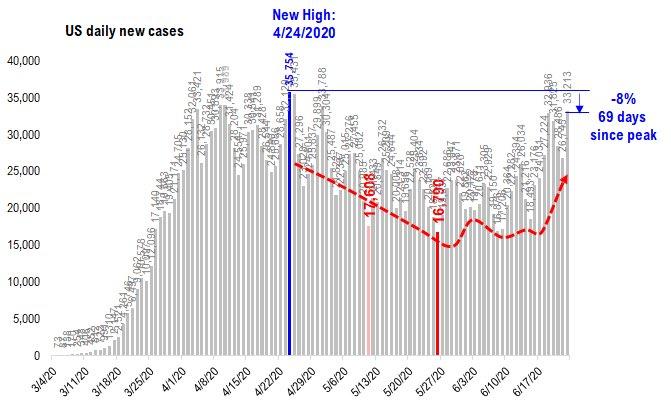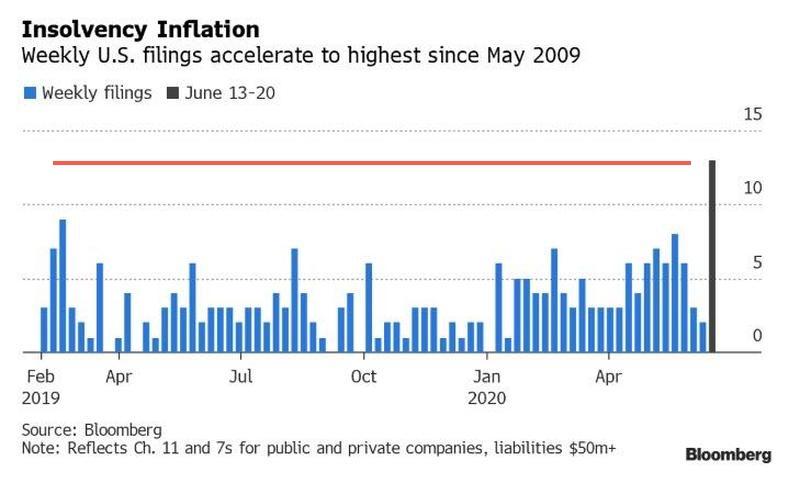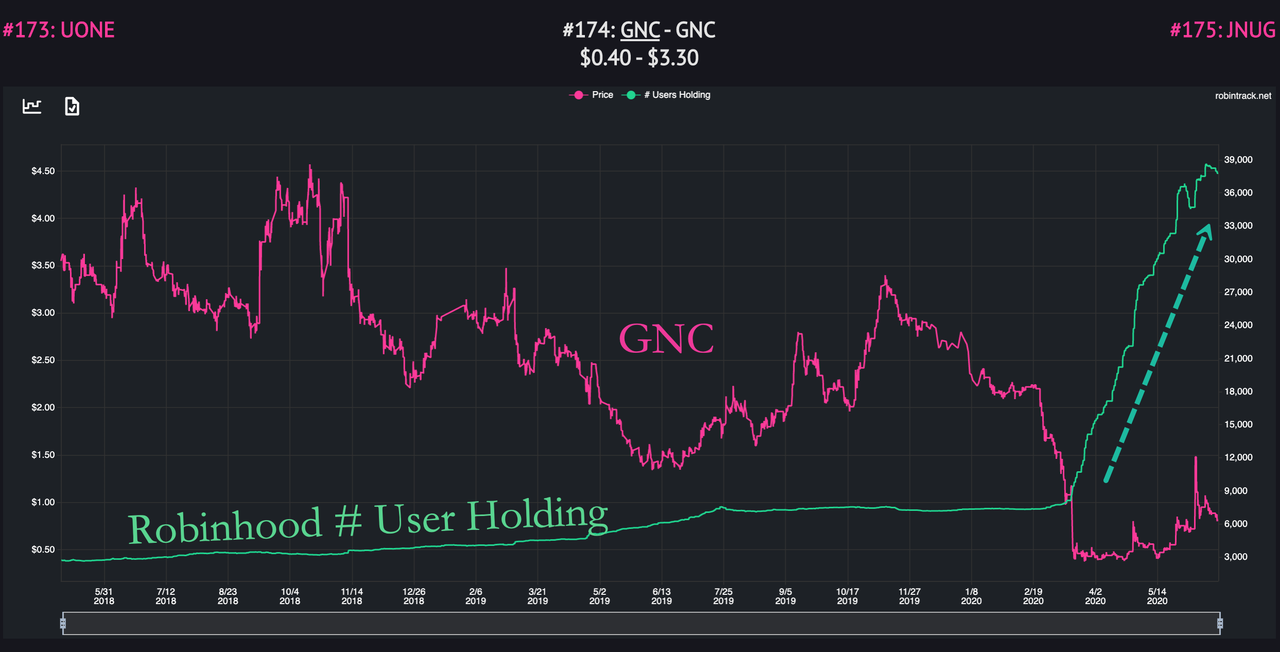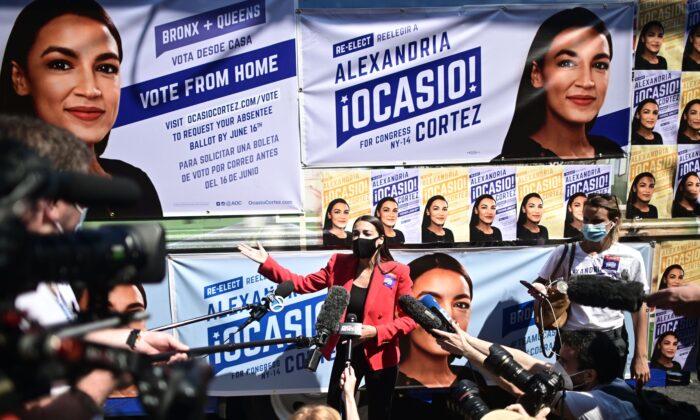From Judge Terry Jane Ruderman’s opinion Monday in Feinberg v. Lans (N.Y. trial ct.):
Plaintiff Gerry Feinberg is an attorney who represented a plaintiff in a medical malpractice action against Dr. David Lans; defendant Devora Lans is the spouse of the defendant in that case. The complaint in this defamation action was filed on February 12, 2020, based on defendant Devora Lans’ publication of the following statement about plaintiff Gerry Feinberg on the Yelp website: “If you can’t find a lawyer to take your case, this is the lawyer for you. Ambulance chaser is too good a term for him.” …
“In determining whether a complaint states a cause of action to recover damages for defamation, the dispositive inquiry is whether a reasonable listener or reader could have concluded that the statements were conveying facts about the plaintiff.” Four factors should be considered when distinguishing fact from opinion:
“(1) an assessment of whether the specific language in issue has a precise meaning which is readily understood or whether it is indefinite and ambiguous; (2) a determination of whether the statement is capable of being objectively characterized as true or false; (3) an examination of the full context of the communication in which the statement appears; and (4) a consideration of the broader social context or setting surrounding the communication including the existence of any applicable customs or conventions which might ‘signal to readers or listeners that what is being read or heard is likely to be opinion, not fact.'”
Turning to the first two of the foregoing factors, the phrase “[a]mbulance chaser is too good a term for him” is an “imprecise, subjective characterization” that is not capable of being objectively verified as true or false.
The case on which plaintiff relies, Flamm v American Assn. of Univ. Women (2d Cir. 2000), is distinguishable. It involved a published directory of attorneys and other professionals, compiled by defendant organizations, in which the following note was included with the plaintiff’s listing: “Mr. Flamm handles sex discrimination cases in the area of pay equity, harassment, and promotion. Note: At least one plaintiff has described Flamm as an ‘ambulance chaser’ with interest only in ‘slam dunk cases.'” …
[T]he Second Circuit explained that the statement’s attributed description of Flamm as an “ambulance chaser” could reasonably be understood to imply that he engages in the unethical solicitation of clients, which is an accusation that is capable of being proven true or false. In contrast, the statement at issue here, “ambulance chaser is too good a term for him,” far from a straightforward and provable assertion of a fact, is the essence of a non-provable opinion.
Furthermore, while the third and fourth Steinhilber factors militated in favor of treating the statement in Flamm as fact-based, the opposite is true in the present case. The Flamm Court observed that “the challenged language appears in a national directory nearly seventy pages in length, compiled and distributed by a reputable professional organization with a 100 year history of supporting education. The directory purports to list ‘attorneys and other specialists’ willing to consult with women involved in higher education who are seeking redress for sex-based discrimination. The directory provides names, addresses, phone numbers and, generally, a short statement of the person’s area of interest or expertise. In such a fact-laden context, the reasonable reader would be ‘less skeptical and more willing to conclude that [the directory] stated or implied facts.‘”
Here, the context of the statement, namely, its publication on Yelp, supports the opposite conclusion. Negative comments anonymously posted on consumer review websites are typically treated as non-actionable expressions of opinion (see Torati v Hodak (N.Y. App. Div. 2017)). The Internet reviews at issue in Torati v Hodak were quoted as “referring to plaintiff as a ‘bad apple,’ ‘incompetent and dishonest,’ and a ‘disastrous businessman,’ from whom consumers should ‘[s]tay far away.'” In dismissing the defamation claims regarding those statements, the Court noted their “[l]oose, figurative or hyperbolic tone” and observed that “Internet reviews contain elements of both fact and opinion,” but
when viewed in context, they suggest to a reasonable reader that the author was merely expressing his opinion based on a negative business interaction with plaintiffs.” Yelp, in particular, provides an opportunity for people to post both negative and positive reviews, stating their opinions and their perceptions of the relative merits of the reviewed service providers. It is the virtual opposite of a “fact-laden context.”Moreover, statements that “amount[] to no more than name-calling or a general insult” are treated as non-defamatory because it is generally understood that such name-calling is “a type of epithet not to be taken literally. Defendant’s Yelp post about plaintiff is reasonably and best understood to be, simply, name-calling….
from Latest – Reason.com https://ift.tt/31bstdx
via IFTTT
